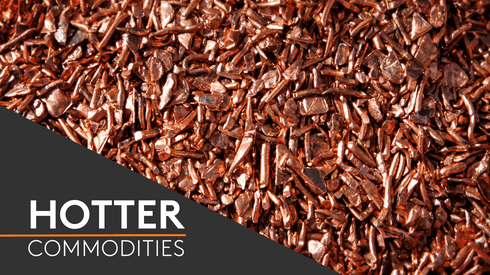Five European member states met Wednesday, July 19, with a view to extending a current ban on imports of key agricultural products from Ukraine beyond the current deadline of September 15 set by the European Commission.
The ban, which covers imports of wheat, corn, rapeseed, and sunflower into Bulgaria, Hungary, Poland, Romania, and Slovakia, was agreed by the European Commission in May after farmers complained that imports from Ukraine had adversely affected their local markets leading to a build-up of stocks and pressure on prices.
Transit through these countries to other EU member states and beyond remains possible.
These five countries, collectively known as the “frontline countries,” became alternative transit routes for Ukrainian grain exports, known as the solidarity lanes, following the Russian invasion in February 2022.
Protective measures
Polish Prime Minister, Mateusz Morawiecki, said following the meeting that Poland would not be opening its borders to grain products from Ukraine on September 15 and would take decisive action to protect the Polish market against the ongoing conflict in Ukraine.
“We will remain steadfast. The protection of Polish farmers is our priority,” said Morawiecki.
“We continue to allow transit, which benefits Poles without posing a threat to market stability,” he added.
The Romanian Minister of Agriculture and Rural Development, Florin Barbu, also drew attention to the impact of the Ukrainian war and the collective need to extend the ban.
“Romanian farmers were strongly affected by the war in Ukraine, just as farmers in states close to the conflict were also affected,” said Barbu.
“I trust that together we will be able to support our point of view in front of our colleagues from other states and in front of the Commission,” he continued.
At the end of the meeting in Warsaw, the officials signed a joint statement of the ministers of agriculture of Bulgaria, Hungary, Poland, Romania, and Slovakia seeking to extend the preventive measures of the EU on imports of wheat, corn, rapeseed, and sunflower seeds originating in Ukraine.
In the statement, the ministers acknowledged that the preventative measures since the enforcement of the ban in May had been positive.
“The preventive measures…have made it possible to reduce the pressure on local markets in our countries while allowing the transit of Ukrainian goods to its traditional markets in non-EU countries,” it said.
The statement called for the ban to be extended at least to the end of the year and for the list of products to extend further than the current cereals and oilseeds.
For more information on the current grain market, take a look at our dedicated page for grain prices.






